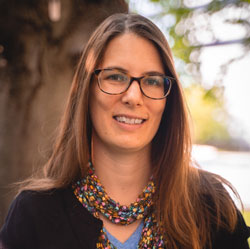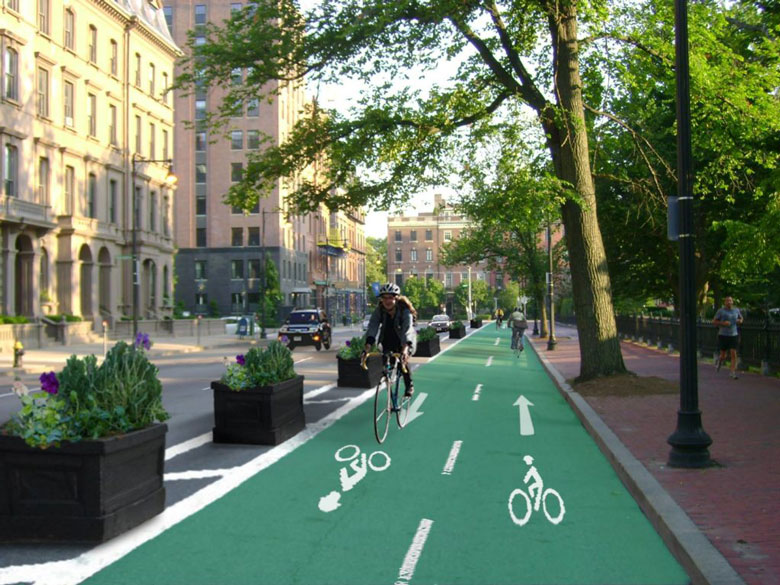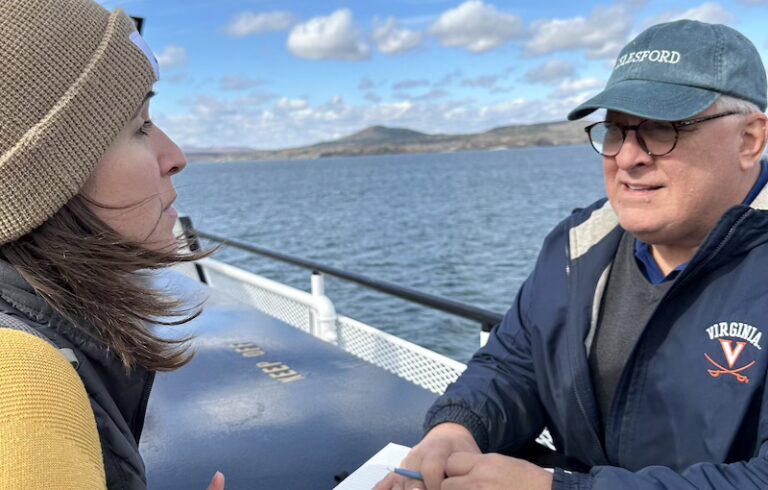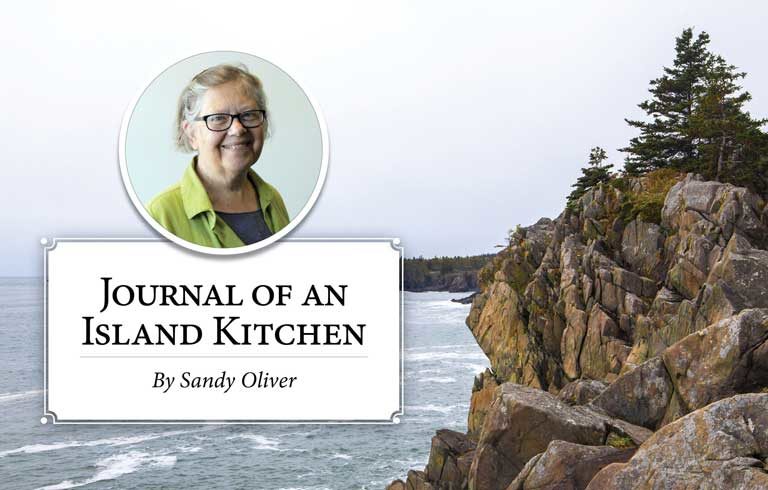I heard the pop and hiss of the tire deflating before I turned around. The minivan slowed to a crawl. Its driver flipped on the hazard lights, walked around to the passenger side, and gave the damaged tire a pissed-off look as other drivers maneuvered awkwardly around the stopped car.
The driver had strayed too close to the curb and caught her wheel on the sharp edge, it seemed. Not terribly surprising, as the street had recently been narrowed to make way for what’s quickly becoming the third rail of local politics in my area—bike lanes.
Somerville, Mass., where I live, is in the midst of building an 88-mile network of bike lanes. It will take decades to complete the network, but already residents are feeling the effects. For many residents—myself included—those effects are overwhelmingly good.
The controversy over bike lanes strikes me as emblematic of … why it’s hard for society to move from a so-so today to a better tomorrow
I much prefer biking to driving, and it’s lovely to be able to do it without the threat of getting squashed.
But the space for bike lanes has to come from somewhere. Many drivers are loath to give it up, and I understand why when brushing up against a curb can mean a busted tire and a ruined day.
Drivers also argue that removing car lanes to create bike lanes increases congestion, as if the Boston area wasn’t hard enough to drive through already. And it’s not just cars that are taking the hit—businesses have reported losing substantial business when bike lanes take away nearby parking spots.
“Who’s gonna take their pizza home on a bicycle?” asked a restaurateur, as quoted in a Boston Magazine article.

The question comes with serious implications, and even entered Boston’s recent mayoral race. Candidate Josh Kraft earned applause from a crowd after saying he would pause construction of the bike lanes that incumbent Michelle Wu supports.
The controversy over bike lanes strikes me as emblematic of so many of the reasons why it’s hard for society to move from a so-so today to a better tomorrow: Because the transition is often a bit bumpy, and humanity’s instinct is to retreat into the past when we don’t get the future right on the first try.
Because some people lose out unfairly, and leaders aren’t always paying enough attention to compensate them. Because the majority has to cede a bit of its power to a minority, which humans seem to be programmed not to do. And because not every pizza place wants to pivot to serving calzones.
I don’t know how we work around these issues. Humanity has probably been battling them in one form or another for as long as societies have existed. But spring is here, and the weather is turning beautiful. My bike is ready to re-emerge after a long winter and I for one am happy to take a ride.
Saima Sidik is a science journalist who grew up in Lincolnville in coastal Waldo County and currently lives in Somerville, Mass. To follow her writing, subscribe to her newsletter at saimamay.com/newsletter.





